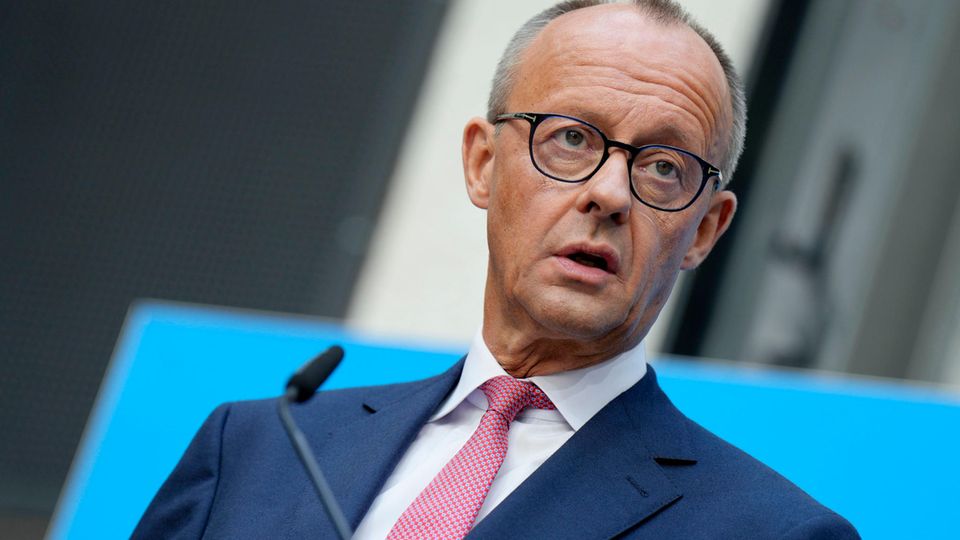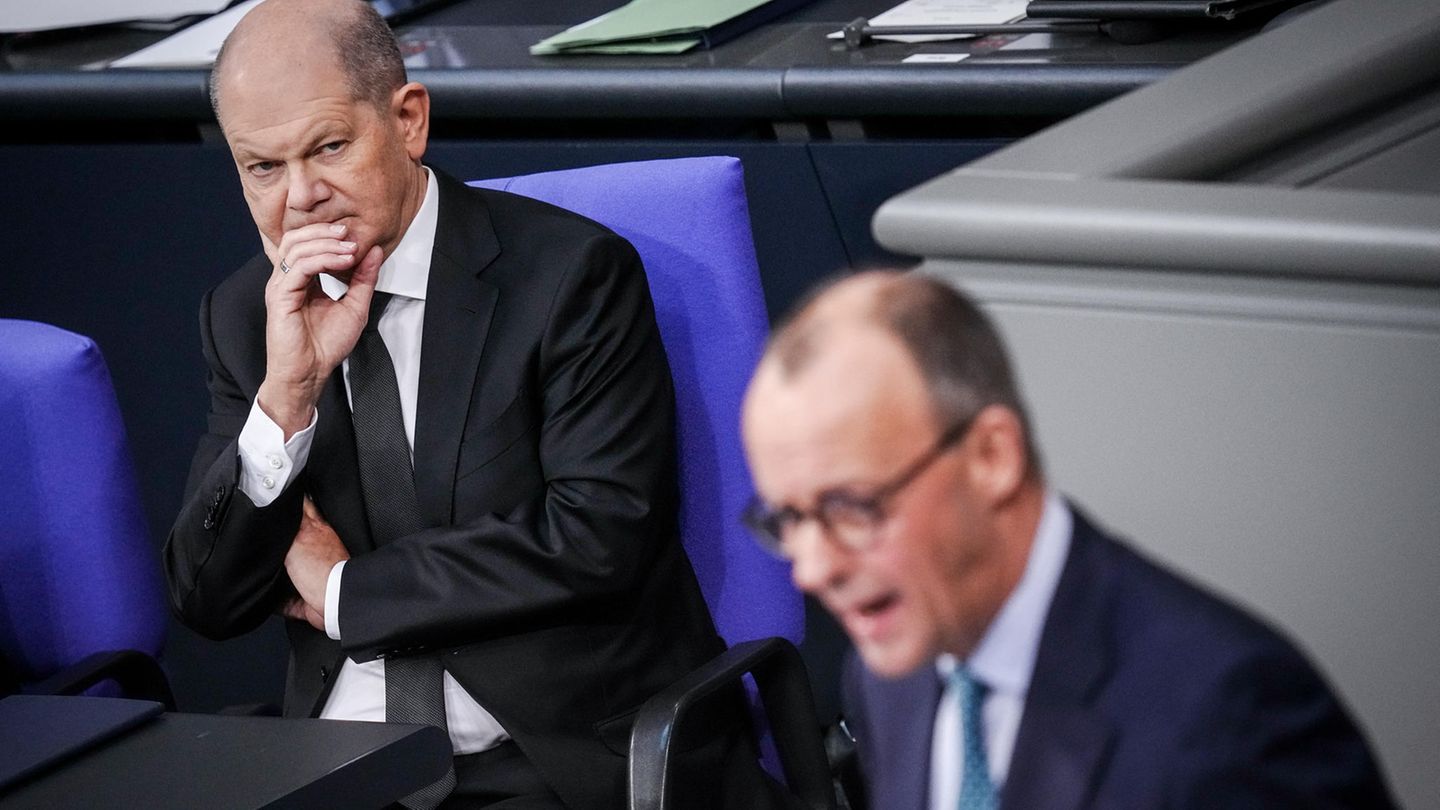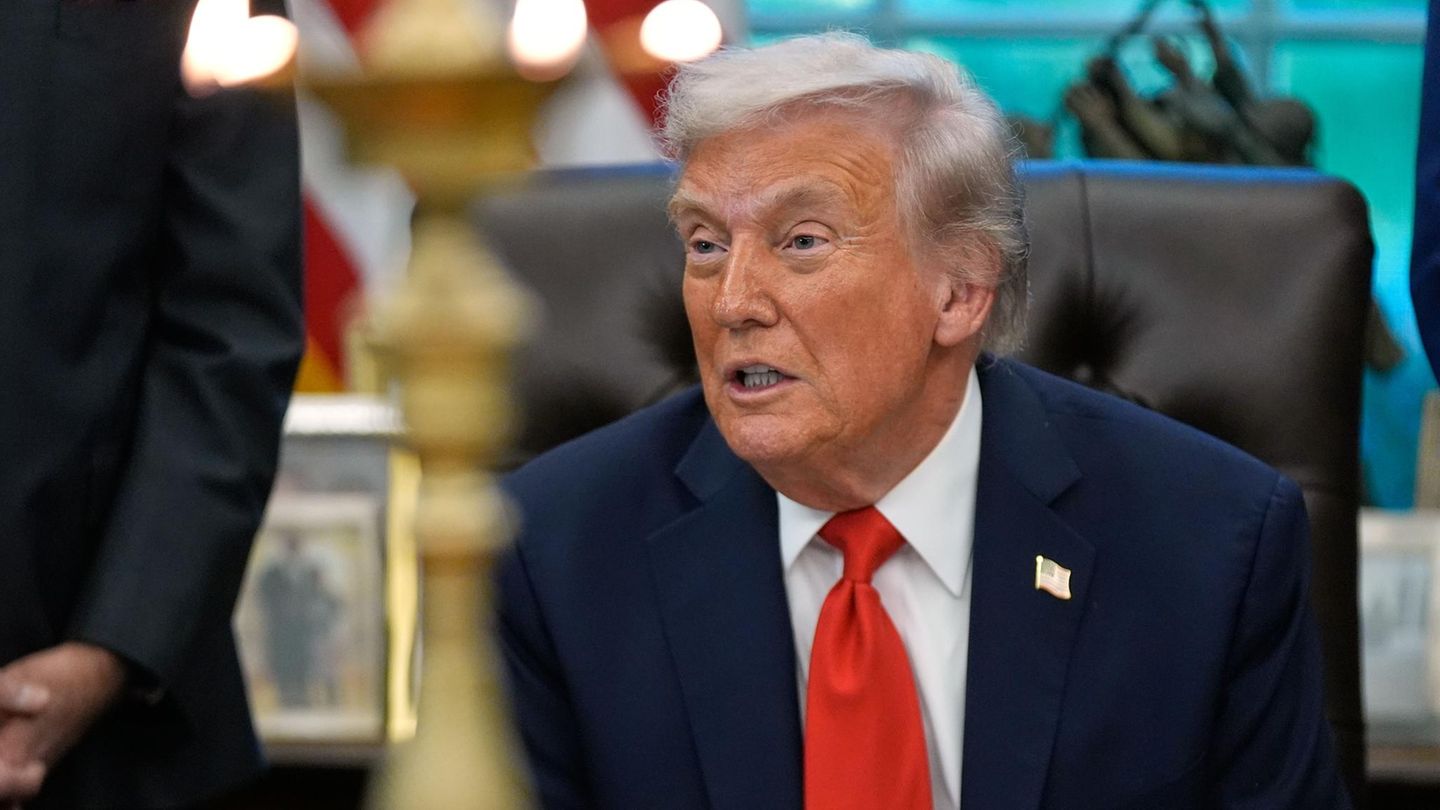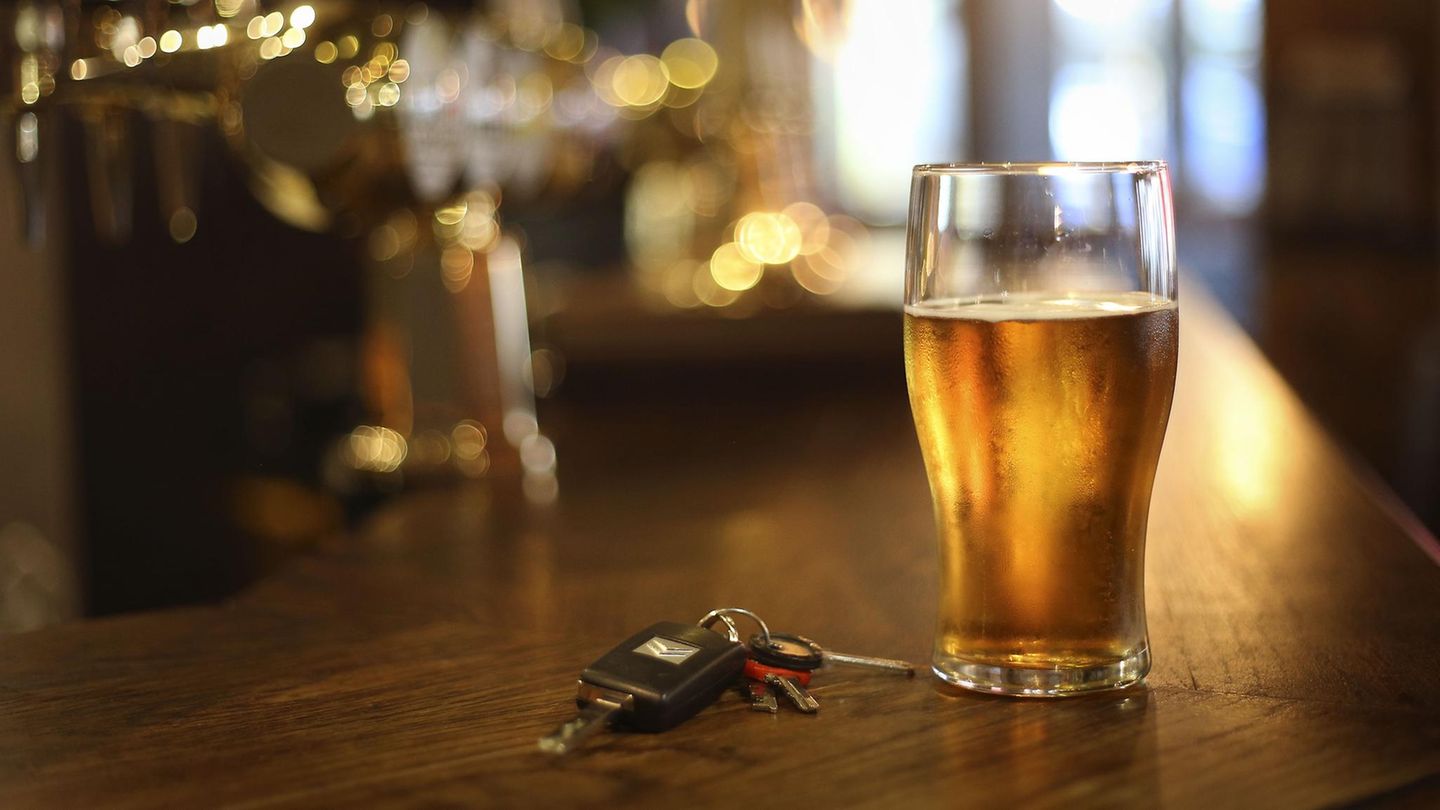Opinion
Olaf Scholz and Friedrich Merz want to portray the other as the worst evil. But Germany needs positive energy right now instead of doomsday scenarios.
Now it seems to be a done deal, the chancellor duel: Olaf Scholz against Friedrich Merz. Both are looking forward to each other, as they consider the other to be inferior. This oversized ego is perhaps the smallest problem in the duel. What is more serious is that two people are competing against each other who do not shine from within. They are not “Yes, we can”-Candidates. They are “OK, BUT”-Candidates.
Olaf Scholz of the SPD is a powerful chancellor, but how much power does he still have? The polls fluctuate as to whether zero percent or three percent of citizens still have confidence in his traffic light government. Scholz survived election night in his home state of Brandenburg (which would have revived the candidate debate in the SPD if the SPD had lost), but mainly because he stayed out of it. Prime Minister Dietmar Woidke had refused any support from the chancellor, who was already far away in New York on election night. Scholz still has confidence in himself. But that is mainly because even to those he confides in him he often seems like a knight who only sees the world through a tiny slit in his armor, completely filtered. If someone feels so superior to everyone else, people eventually don’t have to think long about how much they don’t like it. Scholz would currently have difficulty winning a position as secretary even in parts of his own party. He still wants to be a candidate for chancellor again. Scholz has always admired Joe Biden, now Joe Biden must admire him: Because unlike the American, Scholz is simply going through with his candidacy.
Friedrich Merz of the CDU sees the world from a height of 1.98 meters. But he often feels even further away from people, which is probably why he likes flying in a private plane so much. Merz has the gift of explaining the world to everyone, even if he has by no means seen everything in this world. The man from Sauerland has not yet governed for a single day. He considers himself a representative of the plain-speaking faction, but many of his statements cause confusion, especially among women. He is not even the most popular possible candidate for chancellor in his party; Hendrik Wüst from North Rhine-Westphalia is ahead of him in this area, as is Markus Söder from Bavaria. Merz will be glad that he had himself announced before this election night.
Merz and Scholz: uncharmingly united
So what do the candidates Scholz and Merz have in common? They do not build what Jürgen Leinemann, legendary Spiegel reporter, once defined as the flow of heat or energy between a politician and the voters (journalist Gabor Steingart reminded us of this on Sunday at the ARD press club). If this flow of heat is not sufficiently strong, the politician has no chance of gaining a majority. Woidke, by the way, has shown how this works. With his announcement that he would only stay in office if he finished ahead of the Alternative for Germany (AfD), he generated warmth, perhaps even heat, but in any case energy.
We often mock the USA for not finding better political candidates. But we can’t do it either. And now the worst is looming: that two men who only care about themselves, in their self-confidence, are less interested in winning for themselves than in defeating the other. Scholz is already whispering about Merz’s character flaws and that in a direct comparison people would notice who they can trust. Merz, for his part, leaves no doubt about how much he despises the politician Scholz.

Merz counters Scholz’s statement: “Must give the country a perspective”
01:42 min
So a mudslinging match is looming. Scholz wants to talk Merz down, who is supposedly going to turn the country back. And Merz will probably feel the temptation to talk the country down. If you listen to the opposition at the moment, nothing is working in Germany anymore: infrastructure is rotting, the economy is stalled, the energy transition is being gambled away, migration is uncontrollable. The CDU once used the slogan “Germany, where we live well and happily” Has the traffic light really left nothing of it?
The tale of “State failure”
What could fall by the wayside in so much gloom: the honest discussion about what we Germans have not managed well recently and what we have left undone (the traffic light coalition, but also the governing Union for 16 years before that). Yes, we need brutally open debates about urgently needed reforms (which the CDU under Merz has not yet really dared to address). Yes, we must openly address the failures of the traffic light government. But anyone who reminds us that we still have strong institutions and foundations in Germany that many envy us for does not automatically oppose reforms or stubbornly defend the traffic light coalition. And anyone who “State failure” has never seen a country in which the state really fails.
Albert Einstein once said: “I am more interested in the future than the past, because that is where I intend to live.” This is what election campaigns must revolve around. The Americans talk about happy warriors, That is, the campaigner who, despite the fierceness of the debate, is above all confident about the race. Kamala Harris and Tim Walz embody this, despite all their weaknesses. Anyone who does the opposite and spreads gloom is only playing into the hands of those with supposedly simple solutions who simply say that everything is already “those up there” It’s the system’s fault. Many people say, quite rightly, that we cannot afford another year of traffic light coalitions in this form.
But neither is a year of election campaign full of fantasies of doom.
Source: Stern
I have been working in the news industry for over 6 years, first as a reporter and now as an editor. I have covered politics extensively, and my work has appeared in major newspapers and online news outlets around the world. In addition to my writing, I also contribute regularly to 24 Hours World.




